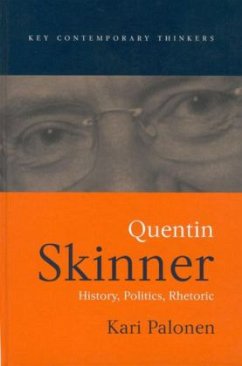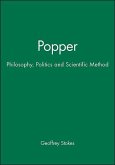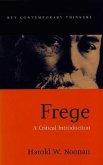This book is the first comprehensive exposition of the work of one of the most important intellectual historians and political theorists writing today.
Quentin Skinner s treatment of political theory as a dimension of political life marks a revolutionary move in the historical as well as the philosophical study of political thought. Skinner brings the study of political theory closer to the language of agents and treats theorists as politicians of a special kind. This is as true of his accounts of his contemporaries, such as Rawls, Rorty, Geertz and Habermas, as it is of his interpretations of classical thinkers such as Machiavelli and Hobbes. Skinner has become internationally renowned for this approach, which ties together historical and contemporary analysis in order to integrate the study of the past and the present, and which tries fully to uncover the historical context and development of key concepts in political theory such as freedom and the state.
This volume charts Skinner s work from the early 1960s right up to the present, including his most recent studies in the theory of persuasive speech, and is organized around five major themes: history, linguistic action, political thought, liberty and rhetoric. It pays particular attention to Skinner s work in relation to that of continental thinkers, especially Max Weber and Reinhart Koselleck.
The book will be essential reading for students and scholars of political and social theory, history, philosophy and cultural studies.
Hinweis: Dieser Artikel kann nur an eine deutsche Lieferadresse ausgeliefert werden.
Quentin Skinner s treatment of political theory as a dimension of political life marks a revolutionary move in the historical as well as the philosophical study of political thought. Skinner brings the study of political theory closer to the language of agents and treats theorists as politicians of a special kind. This is as true of his accounts of his contemporaries, such as Rawls, Rorty, Geertz and Habermas, as it is of his interpretations of classical thinkers such as Machiavelli and Hobbes. Skinner has become internationally renowned for this approach, which ties together historical and contemporary analysis in order to integrate the study of the past and the present, and which tries fully to uncover the historical context and development of key concepts in political theory such as freedom and the state.
This volume charts Skinner s work from the early 1960s right up to the present, including his most recent studies in the theory of persuasive speech, and is organized around five major themes: history, linguistic action, political thought, liberty and rhetoric. It pays particular attention to Skinner s work in relation to that of continental thinkers, especially Max Weber and Reinhart Koselleck.
The book will be essential reading for students and scholars of political and social theory, history, philosophy and cultural studies.
Hinweis: Dieser Artikel kann nur an eine deutsche Lieferadresse ausgeliefert werden.
'Skinner and Palonen between them have explained, more deeplythan anyone, the relation between writing the history of politicalthoughts and thinking about politics in history.' JohnPocock, Professor Emeritus, John Hopkins University
'Kari Palonen's impressive knowledge oftwentieth-century European historiography creates an appropriatelybroad canvas for this fine study of the Cambridge contextualhistorian Quentin Skinner as a political theorist in the grandtradition. Palonen shows to what degree Skinner's projectsbelong to the world post Nietzsche and post Wittgenstein, whichgive priority to "life" and the "livedexperience" over theory and scholastic history (orhistoricism). For the modern homo politicus no longer speaks" for eternity", but as a person of his/her own time.It is in this very special sense that context and text belongtogether: as the ground, and perhaps the only ground, against whichhuman actions now have meaning'. Patricia Springborg,University of Sydney
'Kari Palonen's impressive knowledge oftwentieth-century European historiography creates an appropriatelybroad canvas for this fine study of the Cambridge contextualhistorian Quentin Skinner as a political theorist in the grandtradition. Palonen shows to what degree Skinner's projectsbelong to the world post Nietzsche and post Wittgenstein, whichgive priority to "life" and the "livedexperience" over theory and scholastic history (orhistoricism). For the modern homo politicus no longer speaks" for eternity", but as a person of his/her own time.It is in this very special sense that context and text belongtogether: as the ground, and perhaps the only ground, against whichhuman actions now have meaning'. Patricia Springborg,University of Sydney








